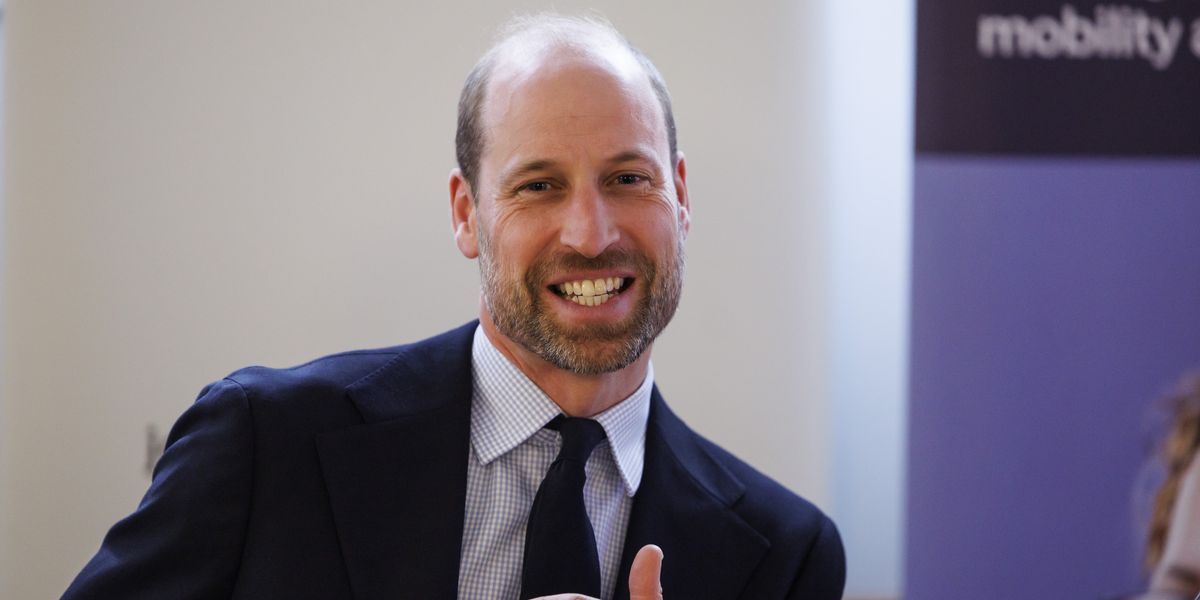The Supreme Court on Wednesday heard oral arguments in a case that will determine whether South Carolina can pull the plug on state-administered Medicaid funding for Planned Parenthood.
The case centers around a woman who sued the state Department of Health after it said she couldn’t use money from the state’s Medicaid program at Planned Parenthood South Atlantic. Arguments focused on whether Medicaid recipients can sue the state over the policy and if South Carolina has the authority to make guidelines about where the money can be used.
John Bursch, a lawyer with Alliance Defending Freedom representing South Carolina, and the Trump administration argued that the state had no legal obligation to designate funds for abortion providers.
“Disqualifying abortion providers like [Planned Parenthood] ensures that women receive comprehensive medical care,” Bursch wrote in a legal brief to the court. “It also ensures that South Carolina’s Medicaid funding goes toward improving ‘access to necessary medical care and important women’s health and family planning services’ for all women—rather than improving Planned Parenthood’s ability to free up funding to pay for abortions.”
Bursch and the Justice Department argued that the Medicaid Act does not create a right for a recipient to choose a provider.
Nicole Saharsky, a lawyer for Planned Parenthood, argued that the state has an obligation to allocate Medicaid funding to the health care provider of the recipient’s choosing.
“As this case comes to the court it is established that South Carolina violated the statute by denying Julie Edwards of her choice of a qualified and willing provider,” she said. “The only question is whether she can do something about it.”
Several of the justices, including Brett Kavanaugh and Neil Gorsuch, appeared skeptical of several of Saharsky’s claims.
Bursch argued that South Carolina’s two Planned Parenthood affiliates offer little of what actually constitutes health care and were rightly excluded from the program.
“While both entities claim to offer a range of healthcare services, they mainly offer abortions, contraception, STD testing, other screenings, and experimental puberty blockers and cross-sex hormones to those who identify as transgender, including minors,” he wrote in a filing to the court.
South Carolina Governor Henry McMaster, who directed the state to stop sending Medicaid dollars toward Planned Parenthood, was at the Supreme Court for the hearing.
“I’m in Washington this morning as we defend South Carolina’s right to exclude Planned Parenthood and other abortion providers from our Medicaid program,” he posted on X.
There are currently efforts underway to slash federal funding for Planned Parenthood, which ended the lives of around 392,715 unborn children from 2022 to 2023, according to its most recent annual reports. During that same period, Planned Parenthood received nearly $700 million in federal funding.

 By The Daily Wire (World News) | Created at 2025-04-02 21:15:10 | Updated at 2025-04-03 23:58:53
1 day ago
By The Daily Wire (World News) | Created at 2025-04-02 21:15:10 | Updated at 2025-04-03 23:58:53
1 day ago








